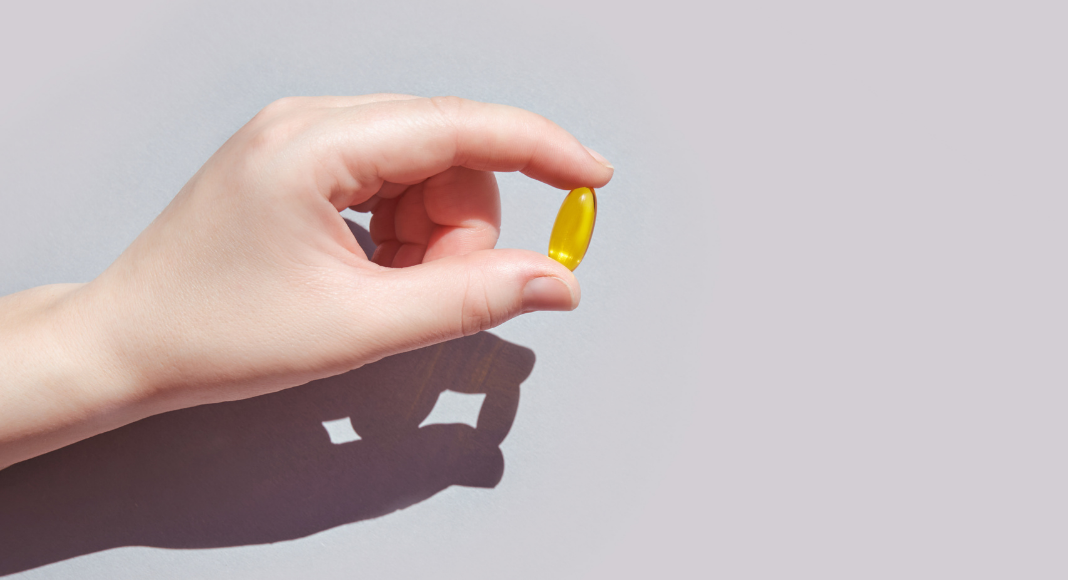If you are like one of the millions of women currently trying to conceive, you have probably wondered what you can do prior to seeking out fertility treatments to boost your fertility naturally.
My top 7 nutrition tips to boost fertility naturally:
 1. Focus on getting your BMI to a healthy place
1. Focus on getting your BMI to a healthy place
There is a lot of focus on BMI (body mass index) in medicine. The reason? There is a higher risk of diabetes, hypertension, and cardiovascular disease, among other things, with an increased BMI.
In the fertility world, an elevated BMI can lead to lower live birth rates, decreased response to fertility treatment, an increased risk of pregnancy complications, and anovulation. When eggs are not ovulated, it is impossible to become pregnant. Weight loss of 5-10% is often sufficient for ovulation to resume in many obese women.
Equally as important is to make sure one’s weight is not too low. Having a very low BMI communicates to the brain “I’m not nourished enough to support a growing baby.” So, someone who is underweight can have an equally challenging time becoming pregnant!
The “normal” BMI range is considered to be 18.5-24.9 kg/m2 (Tip: use this CDC tool to help you calculate your BMI).
If you are outside this range, set yourself small goals to get yourself closer to it. And celebrate the victories! And remember, every woman is an individual. Some women may resume ovulation with a small amount of weight loss or weight gain, others may require more substantial weight loss or weight gain before their brain recognizes they are healthy enough to support a pregnancy.
 2. Focus on food, not supplements to boost fertility naturally
2. Focus on food, not supplements to boost fertility naturally
When trying to conceive, it is recommended you take a prenatal vitamin with DHA and at least 400mcg of folic acid. However, there is no magic supplement beyond that.
Supplements are not regulated by the FDA, so there is no one checking that they actually contain what is on the ingredient list. Similarly, many supplements have been found to be filled with harmful chemicals like arsenic! It’s tempting to load up on supplements because you have been told they are “healthy,” but it’s best to get your antioxidants and omega-3 fatty acids from naturally occurring sources like berries, salmon and walnuts, rather than loading up on supplements.
 3. There is no magic diet that will make you more fertile, but…
3. There is no magic diet that will make you more fertile, but…
Focusing on a diet low in processed foods will help minimize the chemicals and added sugars in your diet. These are thought to be some of the top culprits behind the cycle of inflammation and disease.
My favorite “meal plan” (notice I don’t say diet) is a modified version of Whole30. The focus is getting back to “whole foods” and not consuming highly processed foods. I’m not saying you need to follow Whole30 strictly, but challenge yourself to stick to the perimeter of the grocery store where the fresh foods are, and minimize the highly processed foods in the middle.
 4. Wash your fruits and veggies well
4. Wash your fruits and veggies well
While I don’t think it is necessary to buy all organic food if you are trying to conceive, you should be extra good about washing your fruits and vegetables! Washing with water and vigorous drying with a paper towel is considered just as effective as washing your produce with soap and water.
You may also consider buying organic for the “high pesticide foods” (strawberries, grapes, cherries, apples, etc.). While non-organic foods have not been directly linked to infertility, pesticides are part of a class called “endocrine disrupting chemicals” (EDC). Such chemicals can disrupt reproductive function in both men and women.
In addition to washing off pesticides, it is important to wash off any bacteria that may be lurking on your produce, which can make both pregnant and non-pregnant women sick, and can also affect a developing fetus.
 5. You can have caffeine….in moderation
5. You can have caffeine….in moderation
Up to 200mg/day has been shown to be safe. Caffeine intake beyond that has been associated with an increased risk of miscarriage. So if you enjoy a cup of coffee a day, that’s ok.

6. Watch your mercury levels
Fish is an amazing source of omega-3 fatty acids and lean protein. However, some fish such as tuna, shark, swordfish and tilefish, are associated with elevated mercury levels. Mercury is neurotoxic and a known teratogen, meaning, it can cause birth defects.
That’s not to say you should be avoiding fish altogether! Other choices such as light canned tuna, salmon and other seafood are great ways to get the beneficial effects while avoiding the mercury!
7. Alcohol, less than two drinks per day, is probably ok
While consuming more than two alcoholic drinks per day has been associated with infertility, lighter alcohol consumption is not. In fact, some studies have suggested that light-moderate consumption of wine may be associated with improved fertility. I don’t think you should start drinking if you are a non-drinker, but if you have a glass of wine a night, it’s ok to continue.
My philosophy: everything in moderation
If you want to have dessert a couple times a week, do it. If you want to have a glass of wine a couple nights a week, do it.
It’s easy to get sucked into the deep dark hole of obsessing over everything when trying to conceive. For many people, it doesn’t happen right away. The process of getting pregnant is stressful enough without needing to fixate on everything you put in your mouth.
Just remember “there is no magic pill, there is no magic diet, there is no magic food.” The focus should be on overall well-being while also focusing on nutrition to boost fertility naturally.
If it brings you joy to have some Ben and Jerry’s ice cream on a Saturday night, do it. Just don’t eat the whole pint!
This is a guest article by Dr. Olivia Carpinello, a reproductive endocrinology and infertility specialist at CCRM Northern Virginia.
















